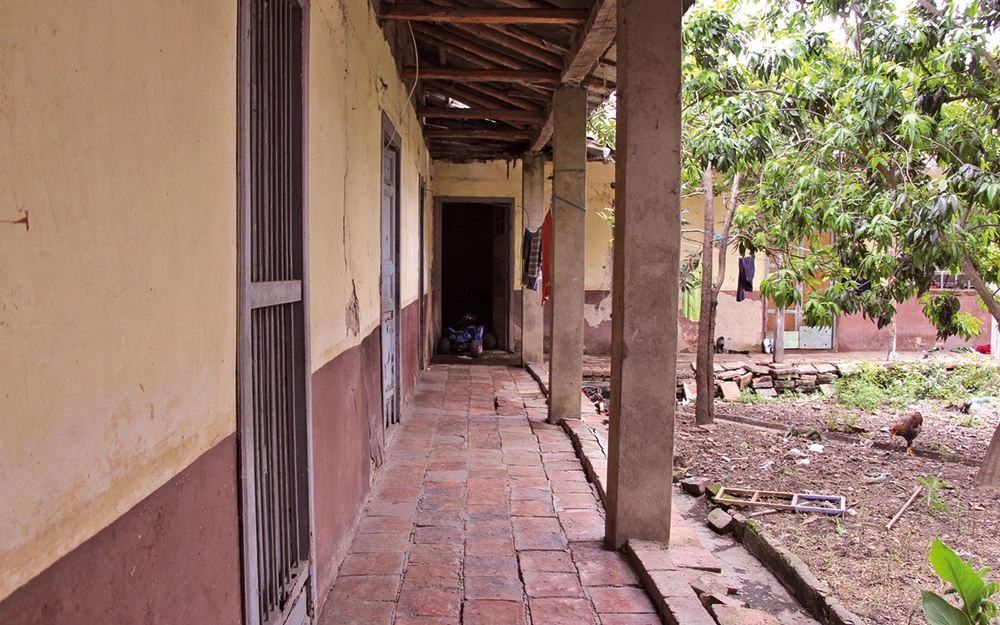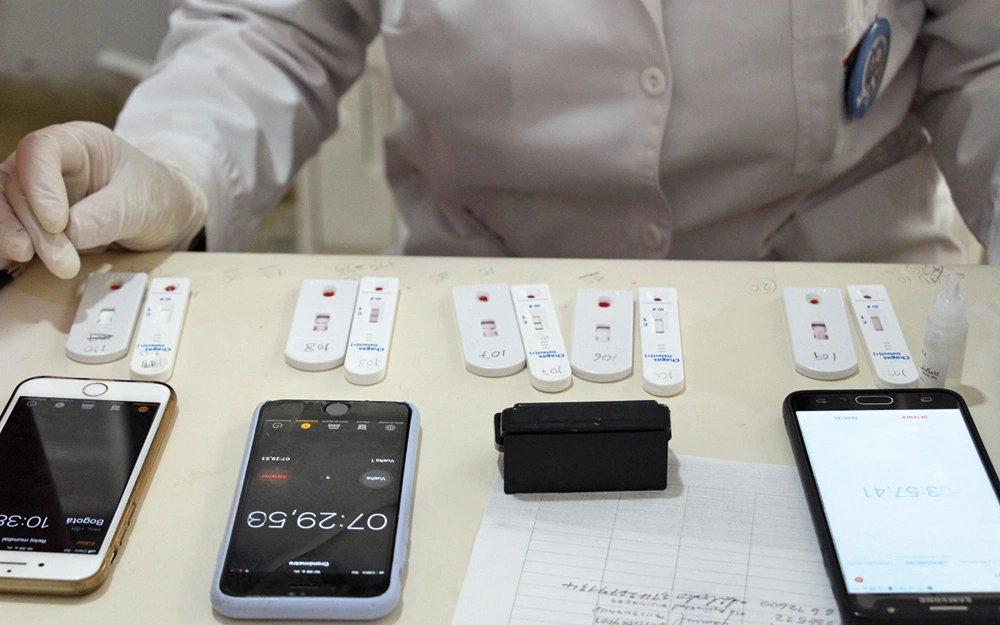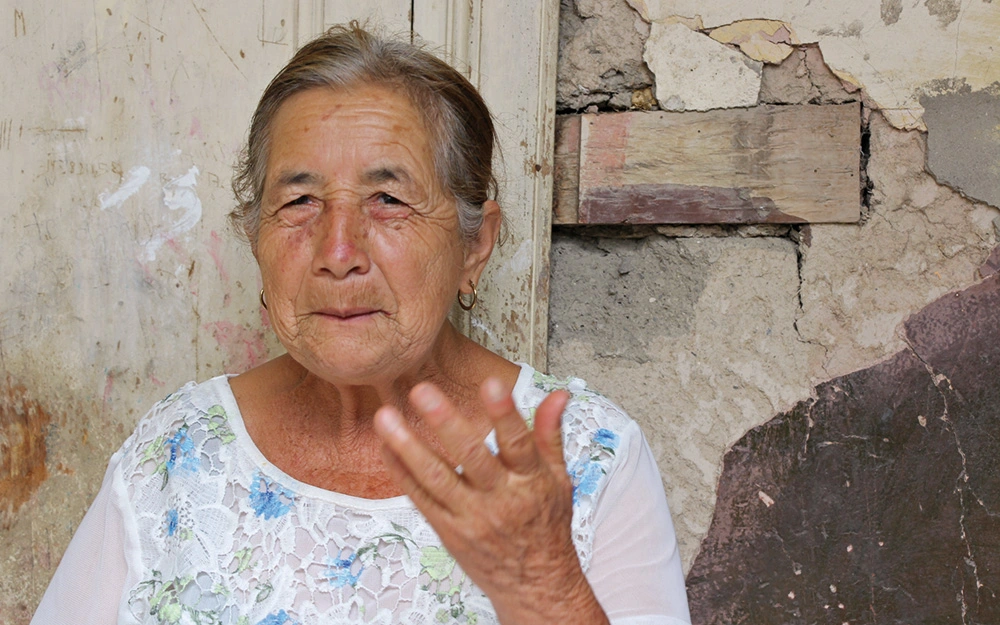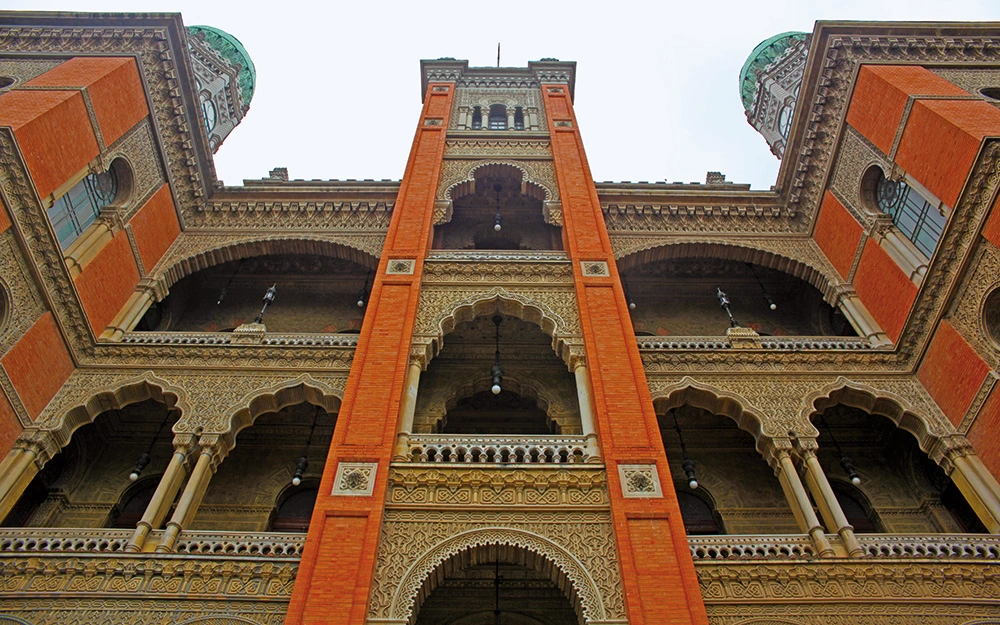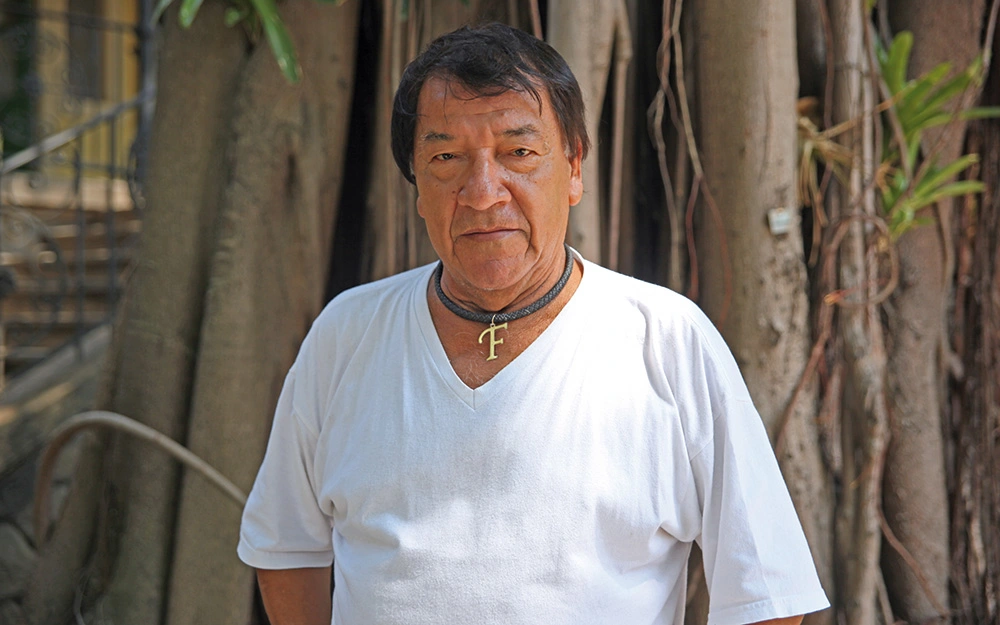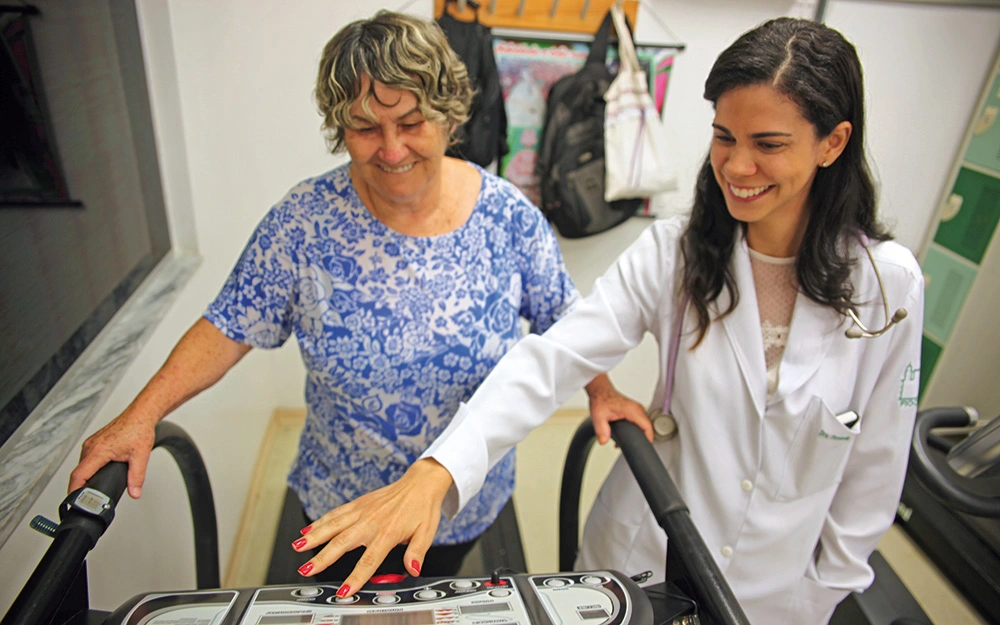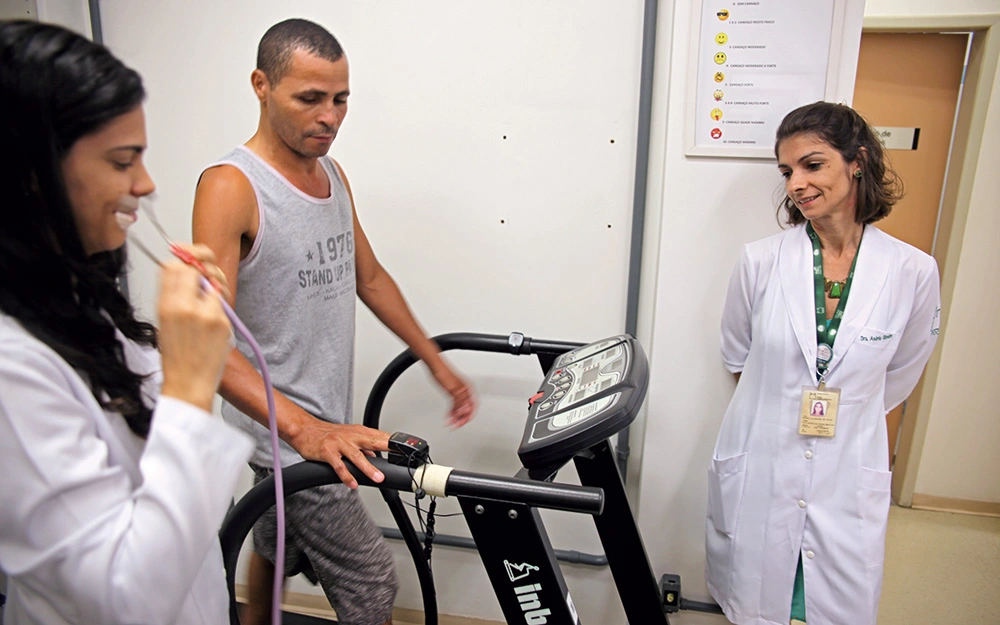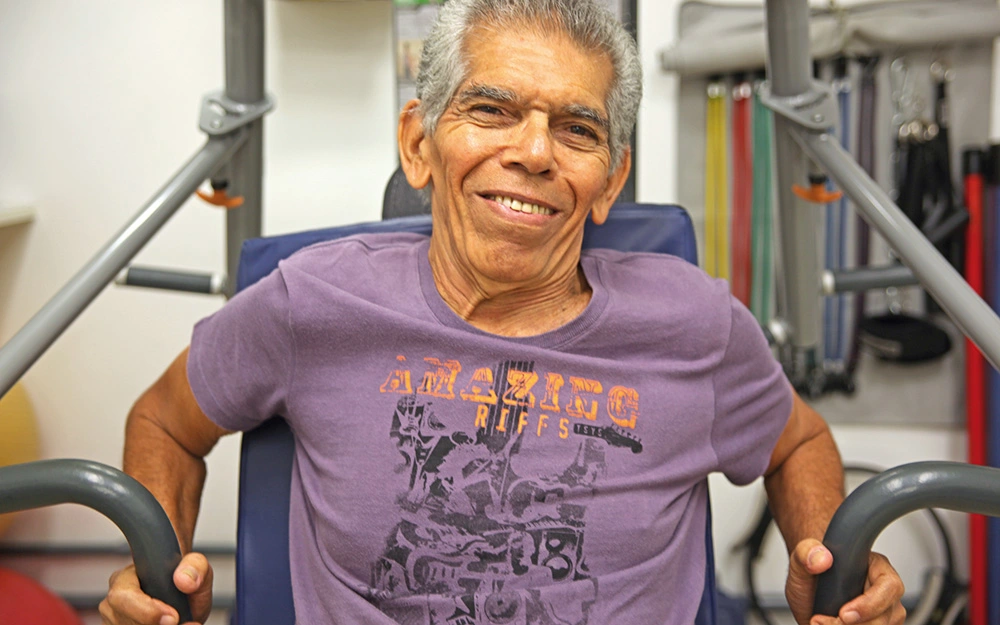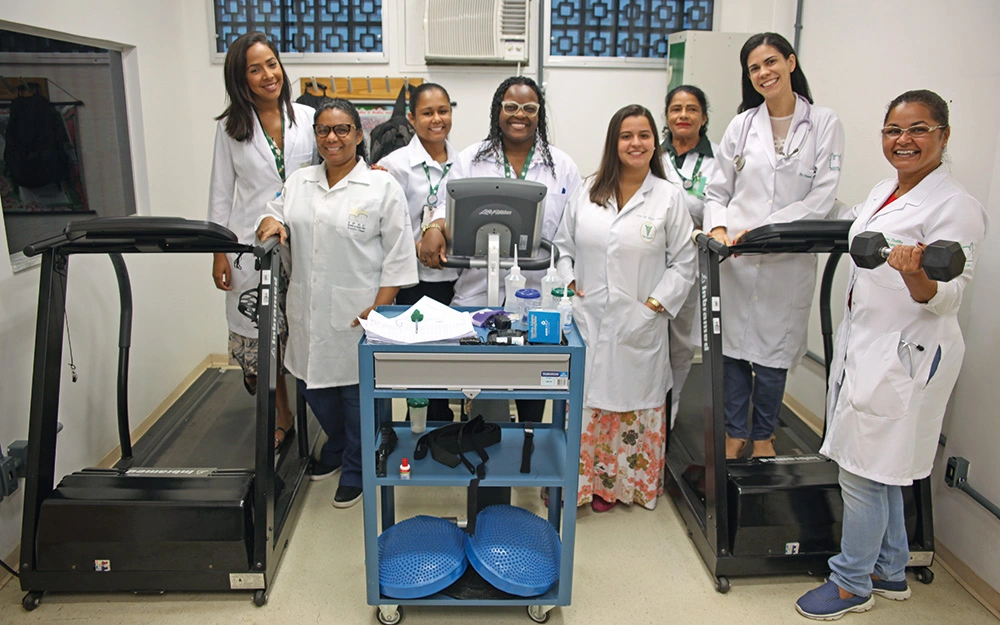Although Chagas disease was discovered more than a century ago, it remains a major public health challenge. Chagas disease affects approximately six million people, mainly in Latin America. Yet, less than 1% of affected individuals receive proper anti-parasitic treatment, and current tools to fight the disease are outdated and inadequate.
Like other neglected tropical diseases, Chagas disease often affects poor and marginalized communities.
The disease can be silent for decades until it may become fatal, leading to severe cardiovascular and gastrointestinal complications in up to 30% of patients - the second leading cause of chronic heart failure in Latin America.
Chagas disease has been coined a “silent and silenced disease,” not only because it progresses slowly, often without symptoms, but also because it affects deprived people who have no political voice or access to healthcare.
Yet, for the first time in history, the global community officially celebrated World Chagas Disease Day in April 2020 to raise awareness of people living with the disease, and the resources needed to move toward elimination.
